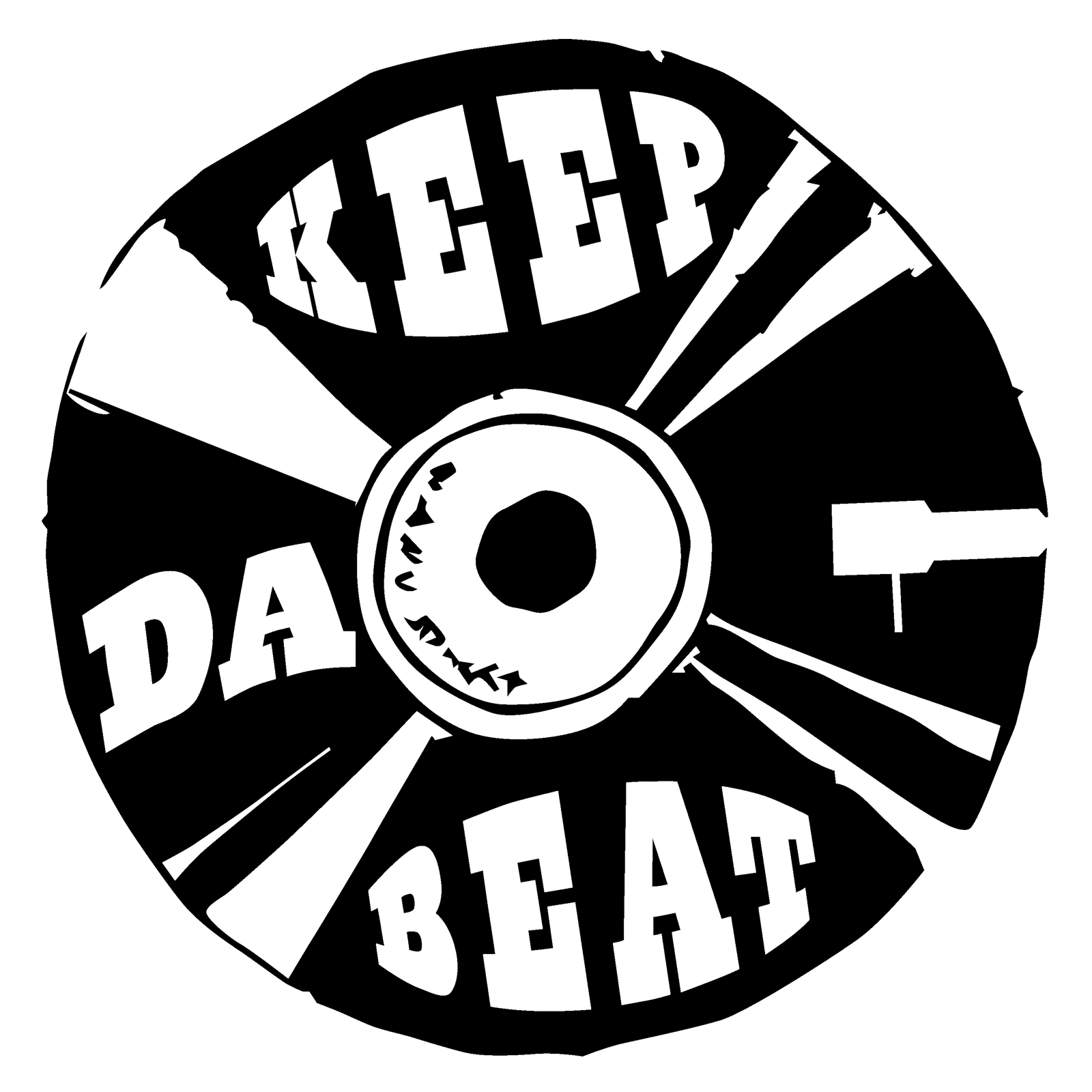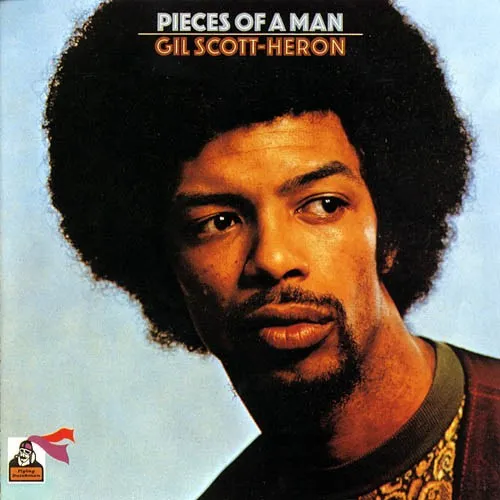
Although it took a couple of years to crack on and being truly appreciated, Pieces of a Man, the debut studio album by the Afro-American poet and singer Gill Scott-Heron, is a pure statement of a life time. A book of raw poems harmoniously blended with an out-of-the chart-Jazzy-soulful rhythm section. A masterpiece that defies the lines of its time and which message not only has endured but remains stronger than ever.
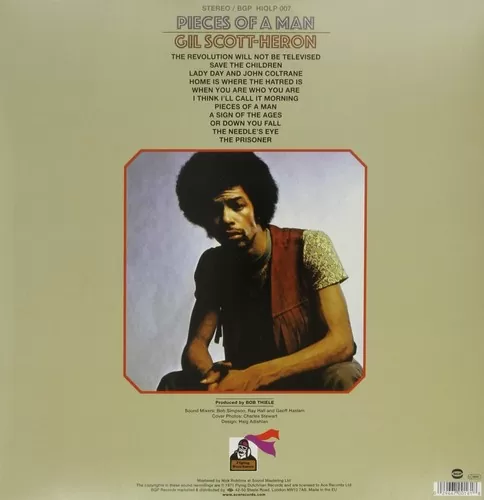
Song by song, metaphor to metaphor, Gill braids the human complexity of the Afro- American society stuck on the city’s ghetto on early 70’s in North America. The emotional whirlwind , mental toughness and inner battles are unfolded through vivid poetic and musical descriptions of the reality and injustice the Black America faced then, fighting to survive against the poverty, misunderstanding, violence and addictions derived from it.
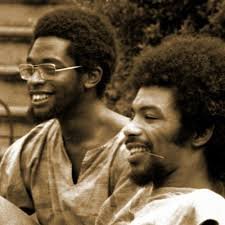
The album , which was recorded at RCA Studios in New York City on April 19 and 20 in 1971, marked the first collaborative work , musically and lyrically, between Gil and the keyboardist Brian Jackson, who at he time was able to gather a superb skilful group of musicians around Gil, providing the musical foundation to elevate Gil’s raw, direct words , giving depth and enhancing its sensibility.
“The Revolution Will Not Be Televised”, opens up the pandora box. In a political statement and proto Hip-hop anthem, Gill dissects the Afro-American realty of the guetto’s city life at its core. A direct poetry straight to your heart, amplified by Gil’s voice urging for the real change, the one that happens in your mind, the real revolution.
“Save the Children “, is a sweet trip of positive claim to follow up the change described on the first track . Once that mental change is completed, the next natural step is protect the future of that change. The flute performed by Hubert Laws, stands out and guides you to the hypnotic nature of the childhood that Gill might wished was his own.
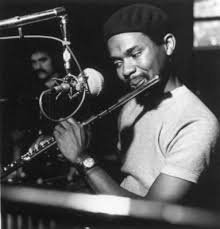
“Lady Day and John Coltrane”, is an uptempo jazz vibe , honouring some of the Gil’s most influential artists, Billy Holliday and John Coltrane, which tunes can wash out the heavy aspects of the day by day in the guetto. The lyrics keep revealing dark aspects and thoughts, but this time keyboard solo from Brian Jackson, gives the tempo to anchor the strength to climb up over that mental agitation.
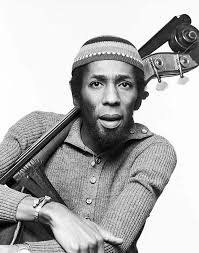
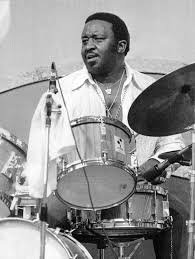
“Home is Where the Hatred Is”, is a punch in your guts. A portrait of an addition, as the inevitable solution to release the pressure. The rhythm section in this track seems to draw the true pattern of a trip, resembling the one which occurs from one dose to another, mirroring a soul with its ghost , who desperately cries out for its suovirval before its own deception. If you close your eyes you may be able to peacefully descend to the darkness by the hand of the bass line of Ron Carter and the genius of Bernard Purdie on drums. This was the only single released from the album in 1971.
“When You Are Who You Are” is a call out to the human authenticity, the guitar solo play by Burt Jones, invites you to trespass the limits, a rebellion act of removing any masks , showing the true self that could , under Gil’s voice, shift the social interaction to a constructive path.
“I Think A Call It Morning” is a liberation chant of transformation from Gil to redeem himself. He dares his mental chains, reality attachments or turbulent sinkhole of emotions to free some drops of hope through his broken voice.
In “Pieces of a Man”, Gil’s voice tune’s and variations dive into the consciousness taking the lyrics close to a lullaby with a no returning point. Brian Jackson provides on piano the key to grasp the subliminal feeling that hang on air of the visual picture of that captured moment.
“A Sign From The Ages”, continues the downtempo jazzy deep thrill of resignation, a futile intent to describe and comprehend the solitude and isolation that follows the human nature and its destiny, as perceives by Gil.
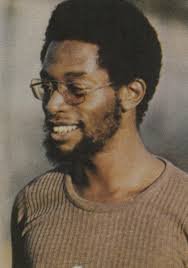
On “Or Down You Fall”, the poet meets his destiny, lyrics are enriched with visual metaphors the show how fragile a human being can be. He offers you only two options, keep going or stop. Bernard Perdie, with his supreme drumming technique, is capable to deploy a natural space where Gil’s words gravitate.
With “The Needle’s Eye”, the momentum is gradually building up, gaining tempo and with it, Gil’s sincerity through his voice, which seems to claim back the strength needed to be compassionate with those who would never reach his clarity, those lost souls who populate the streets that surrounds him.
Finally, the last track, “The Prisoner”, closes the circle started with the first track of the album. The lack of change on the mind will perpetuate the slavering sense, its physical and mental oppressions and biases. It’s the longest track of the album, which captured the sense of of being sentenced for a lifetime, and confined to a reality that will never change.
Track by track, jagged jigsaw pieces tossed about the soul and mind of Gill Scott-Heron, one of the most influential Afro-American poets of the last century, served on 45 minutes of magical musical taste and profound lyrics. Pieces of a Man, a masterpiece which keep spinning and expanding through the ages.
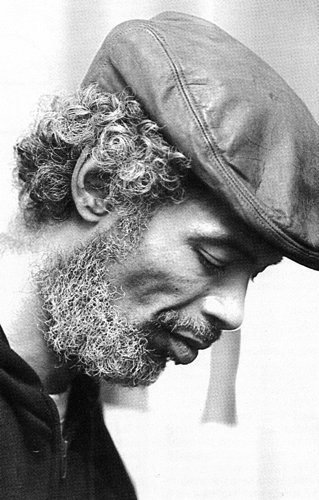
Musicians
Gill Scott-Heron – guitar, piano, vocals
Hubert Laws – flute, saxophone
Brian Jackson – piano
Burt Jones – electric guitar
Ron Carter – bass
Bernard Purdie – drums
Johnny Pate -conductor
Production
Bob Thiele- production
Bob Simpson – mixing
Charles Stewart – cover photo
